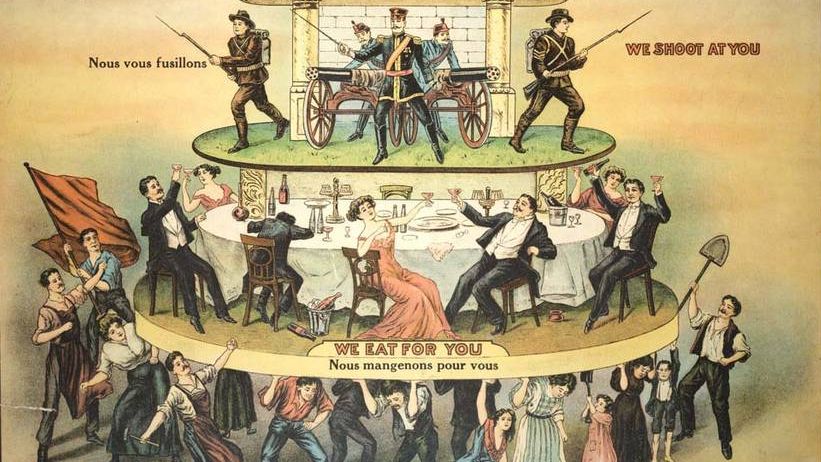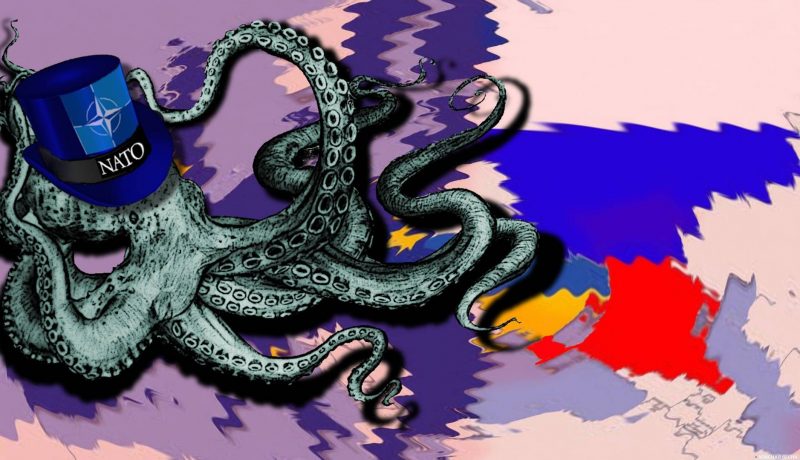13.11.2022, Moscow
The colossal disappointment with the capitalist system occurred at the beginning of the 20th century and ended up with the monstrous First World War, said philosopher, analyst and leader of the Essence of Time movement Sergey Kurginyan in the Conversation with a Sage program on Radio Zvezda on November 12.
The bourgeois revolutions in Europe lasted for an entire epoch promising the West an age of intelligence, the end of wars, and general Globalism. Kurginyan noted that all this was said back in 1895, but then the monstrous First World War broke out: “And within this, by the end of … the 19th century and the beginning of the 20th century, a colossal disappointment with the capitalist order was born.”
European intellectuals assessed disillusionment with capitalism in different ways, suggesting a rapid sunset of bourgeois modernity, the philosopher said. According to him, one of the best works on this topic was the work of Vladimir Lenin “Imperialism, the Highest Stage of Capitalism“.
In this book Lenin pointed to the uneven development of capitalist countries, when the old capitalist countries occupied the best positions, and the developing young countries, such as Germany, were looking for “a place under the sun“. This uneven development led to the outbreak of world wars, and World War I is a clear example of this.
“This uneven development, the ‘place under the sun,’ is truly a history. So, it turns out then, good Lord, it means that capitalism does not bring any promised peace, all the ideals – ‘freedom, equality, fraternity’ turn out to be a sham. They turn out to be drowned ‘in the icy water of egotistical calculation’. Workhouses, child labor, semi-slave labor, as it were, the elimination of the remnants of some such romantic idyll of the countryside and such a transformation of it all into constantly smoky factories, the hard work of the workers,” – this is how the analyst described this process.
When it became clear what the uneven development of capitalism was leading to, there emerged different ways of organizing the world.
“Some said that this uneven development would last further in this way. This is what capitalism promises for the world. Others said that there would be socialism, and said that then the proletariat would be the gravedigger of capital,” explained the political scientist.
If the first two cases led either to a new cycle of capitalism or socialism, there was still a third option. This prospect was a new feudalism in the form of a return to the new Middle Ages.
“In essence, the new Middle Ages were what fascism actually meant afterwards. Or what Jack London called the ‘iron heel,’” the philosopher concluded.
All of these options turned out to be deployed in the twentieth century, noted Sergey Kurginyan.
“In the twenty-first century, after the collapse of the Soviet Union, we have seen how the law of uneven development, in the context of a nuclear civilization and all the rest, returns to the scene,” the political scientist explained.
Source: Rossa Primavera News Agency




